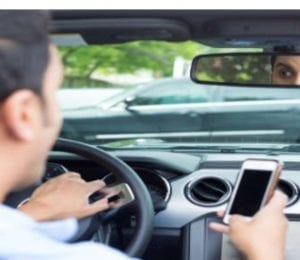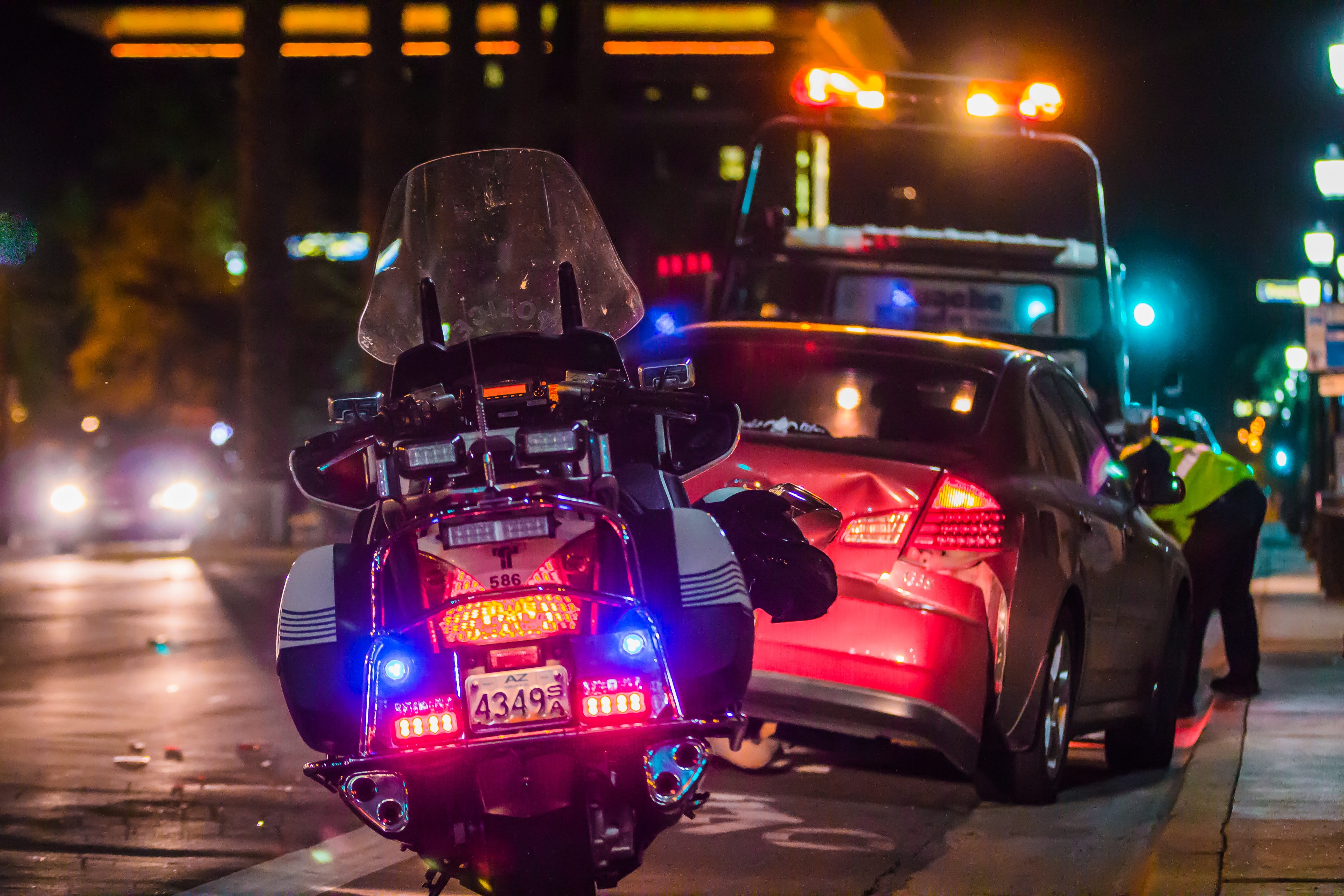Traffic violations are common scenarios that indicate reasonable suspicion.
Police officers should always have reasonable suspicion for stopping a driver and suspecting him of driving under the influence. The only exception to this rule is DUI checkpoints.
When an officer asks a motorist to pull over because of reasonable suspicion, he does this so he can do a limited initial investigation. If the suspicion remains after the brief investigation, the police officer can ask the driver to take a breathalyzer or BAC test or a field sobriety test.
As such, most drunk driving cases usually start with an officer’s reasonable suspicion that the driver is involved in a crime or that criminal activity is in progress. The traffic stop is an opportunity to confirm or determine why the motorist is exhibiting signs of intoxication.
Each state has its own set of rules and laws about what passes for reasonable suspicion.
What is reasonable suspicion?
In United States law, reasonable suspicion is a legal standard that gives police officers the right to search a person or premises. It also means that law enforcement authorities have a substantial reason or a basis for suspecting that an individual or entity is involved in criminal activity.
Additionally, a police officer should also establish reasonable suspicion that someone is armed and dangerous before doing a pat-down or a frisk.
The only situation where a police officer does not need reasonable suspicion is when he or she asks people to stop whatever they are doing and answer questions.
Reasonable suspicion only works when an officer has more than just a hunch that a crime has been committed. The suspicion should be accompanied by facts that officers can easily articulate. Additionally, reasonable suspicion is only legal for initiating a traffic stop; it does not allow law enforcement authorities to make an arrest. Probable cause is needed before a police officer can arrest a person.
For DUI cases, police officers have several reasons to pull a driver over, arrest him, and subject him to DUI consequences.
Reasonable suspicion incidents for DUI
There are several incidents or scenarios where law enforcement authorities have reasonable suspicion to stop a driver and make a DUI arrest.
Bad or erratic driving

Police officers have a reason to pull over a driver who is unable to stay in his lane, frequently changes lanes, or when he goes the wrong way. These scenarios prove that the driver has difficulty driving correctly or, in the case of one who drives against traffic, is not in the right mind.
Speeding
Even if it’s just a little over the speed limit, a driver is still speeding and violates the law. As such, law enforcement has the right to stop the motorist and ask him to pull over. The law dictates that reasonable suspicion is present when a police officer witnesses the incident.
Frequent braking
Braking is normal, especially if you want to be safe. However, braking every now and then indicates that there is something wrong with the vehicle – or the driver. Even non-professional drivers would know that stopping and braking in the middle of the road every few feet is not normal. Such situations may indicate that a motorist is intoxicated, so officers will have a reason to stop him.
Extremely slow driving
It’s not only speeding that can attract the police’s attention; slow driving can, too. When a person is driving under the speed limit, like 10-15mph, the police may have a reason to stop him. However, slow driving alone will not be enough to warrant reasonable suspicion. It has to be consistent and should go on for several miles.
Almost getting into an accident
If a motorist narrowly escapes or almost gets into an accident and a police officer witnesses it or is on the scene, he will have a justifiable reason to stop the driver.
An intoxicated person has no control of how his brain works. He also has poor coordination, which means he cannot determine if he’s driving too fast or too close to other vehicles, objects, or pedestrians. Vehicular accidents are actually one of the major consequences of driving under the influence.
Committing traffic violations
A driver who ignores and goes through a stop sign or red light, a motorist who makes a sudden turn, and a person who does an illegal U-Turn can merit attention from the police. In most cases, traffic stops usually end up as DUI investigations once the driver exhibits signs of intoxication such as alcohol on his breath, slurred speech, and inability to walk straight.
Traffic violations are common scenarios that indicate reasonable suspicion.
Vehicle problems
Of the many issues a vehicle can have, broken car lights are almost always the ones that easily catch the police’s attention. Driving without proper or working car lights is dangerous for the driver, other vehicles, and pedestrians. It is a road safety violation, so authorities have a reason to make a traffic stop and question the driver.
If you need more information about driving under the influence or have been subjected to reasonable suspicion, get in touch with a DUI lawyer right away.


Join the conversation!